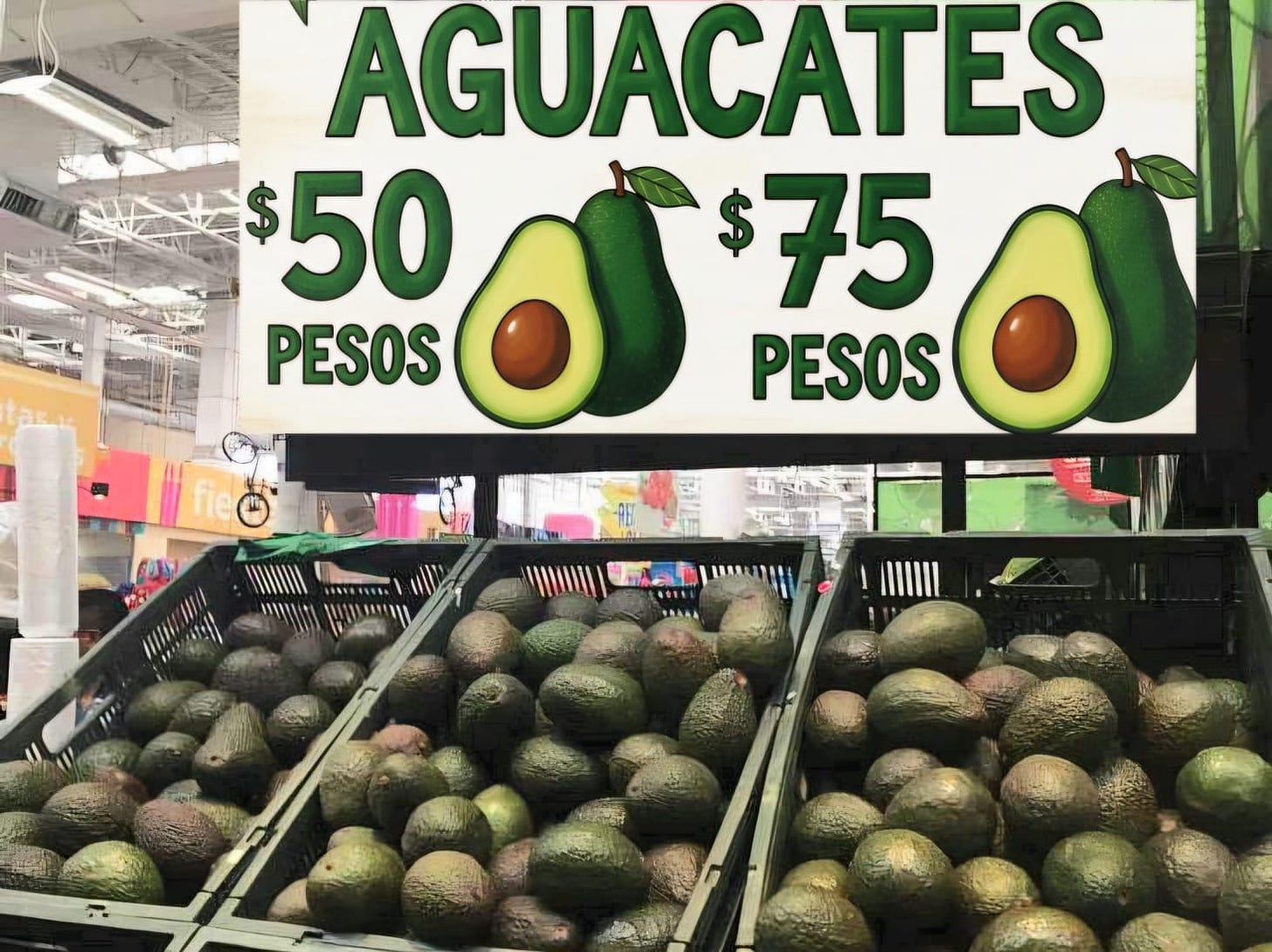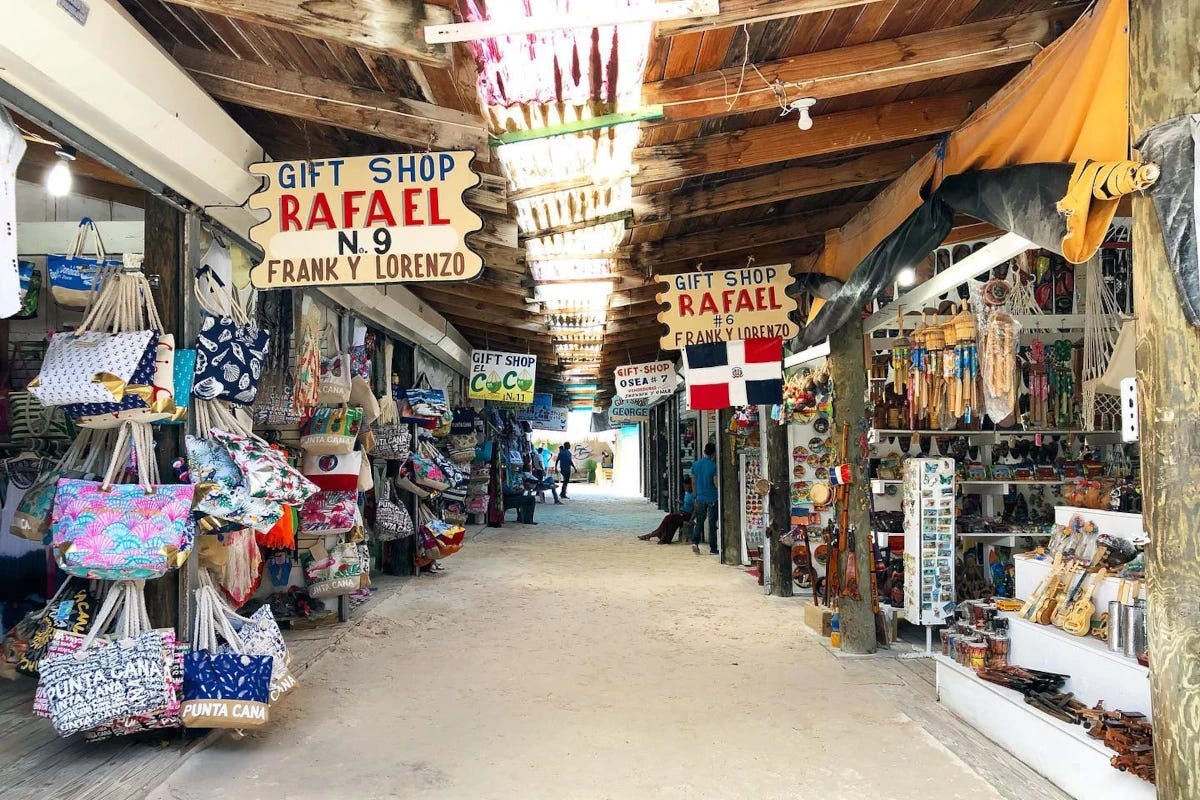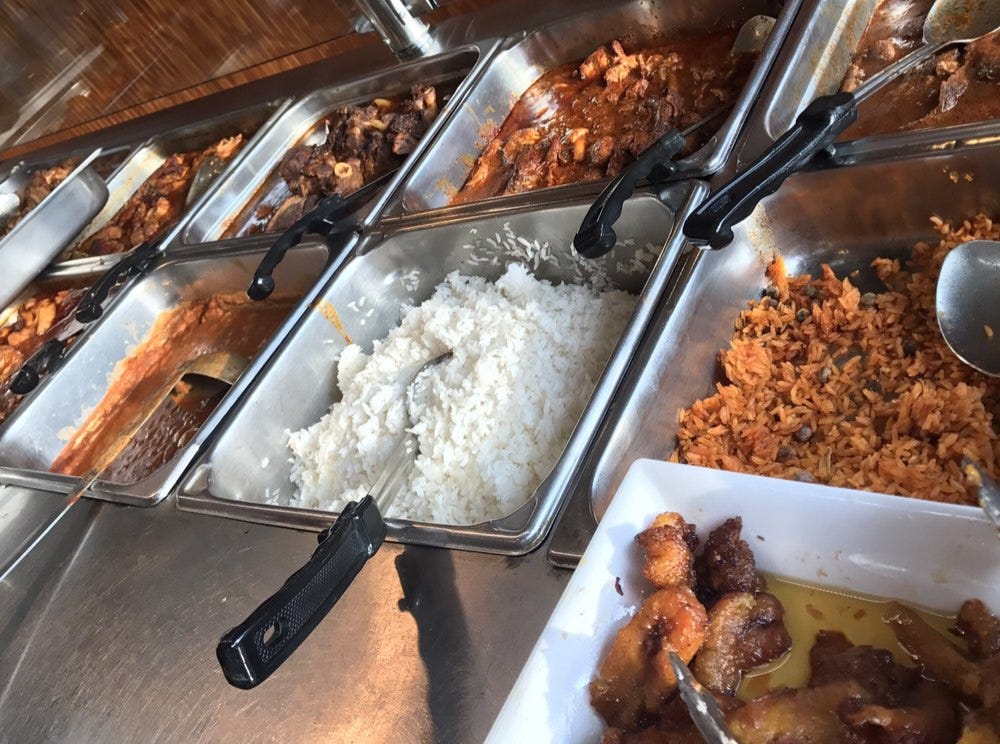Do Gringo Prices Really Exist? Sometimes, Yes
What to know about gringo prices — and how to avoid paying them.
Gringo Prices Are Real — Here's What They Don't Tell You
Ever felt like you were charged more just because you're a foreigner? If so, you've already encountered the infamous "gringo price."
This controversial topic hits close to home for many foreigners living or traveling in Latin America. Some countries are worse than others, but the idea is the same: there's a local price, and then there's a higher, spur-of-the-moment price just for you — the foreigner. It’s not an official policy anywhere, of course. It usually depends on the vendor, and your first taste of it often comes from a taxi ride. That alone has likely fueled the popularity of rideshare apps.
What Are Gringo Prices?
If you're new to this concept, here's what it means: "gringo" is a term used in Latin America to describe a foreigner. It's not meant to be offensive, it's just a label. But "gringo prices"? That’s when someone charges you more simply because you don’t look or sound local.
The logic? Foreigners are expected to have more money, so they can afford to pay more. It's not always malicious. Sometimes it's opportunistic, other times it's just baked into the local hustle. And while it doesn’t happen everywhere, it happens often enough to spark frustration.
My Experience in the Dominican Republic
I’ve been charged gringo prices a few times during my travels in Latin America, but overall, it hasn't been a frequent issue. Sometimes it's so blatantly obvious that the person charging extra forgets you've already been to the establishment and you know the real price. You don't forget that kind of thing.
In the Dominican Republic specifically, it’s only happened to me once. That said, I’ve heard others with different experiences. Maybe it’s more common around resorts? Maybe it's reserved for tourists who look like they have money? Or maybe it’s just rare and isolated.
Still, for the times it does happen, it leaves a bad taste.
The Restaurant Story
I remember a few years back I went into a local restaurant for lunch, a spot my lady and I had visited many times before. Usually, we go together, decide on what we want, and she places the order in Spanish. But this time I went solo.
I looked at the food warmer, made my selection, and paid. But something felt off. As I walked away from the cash register, I realized I had been charged nearly double the normal price. It wasn’t about the extra $3 — it was about the principle.
It reminded me of another story. A friend and I were in Central America. A local told him about a great food spot: big portions, small prices. He loved it so much he went almost every day.
Then one day, he noticed things changing. Smaller portions. Higher prices. He suspected gringo pricing. Since I look more like a latino than him, he asked me to go in and order for him while he waited outside.
Sure enough, they gave me a mountain of food and charged the regular price.
He wasn’t even mad about the money — it was the feeling of being singled out. That sticks with people.
The Taxi Incident That Got the Police Involved
The worst case I saw was dramatic enough to draw police attention. It takes place at a sports bar in Central America. I was out with a friend and later we met a group of five older folks also from North America. They didn’t speak Spanish, but they were lively and generous, tipping well and eager to enjoy their trip.
We had planned to head over to the center after the game was done. At one point, one of them mentioned paying $20 for a taxi ride to the center. My friend and I were shocked. That ride costs $3, maybe $5 tops. We told them that, shared some tips, had a laugh and thought nothing more of it.
But as luck would have it, the same overpriced taxi was waiting out front. We all jumped in. When we got to the destination, one of the elders handed over $10, half of what he usually paid. The driver demanded more. The man, visibly upset, tells the driver “not a penny more”. An argument broke out. Crowds of onlookers gathered. The man stood his ground and even refused our money to de-escalate things.
Eventually, the police showed up. When they found out the guy had paid $10 for what’s usually a $2 - $3 ride for locals, the officers just told the driver to move along.
Again, it wasn't really about the money — it was the feeling of being taken advantage of.
So, How Do You Avoid Gringo Prices?
Gringo prices are an uncomfortable truth, and for whatever reason, it's something people usually only talk about after the fact. Nobody wants to feel ripped off. Some folks may even say “You can’t avoid it, so deal with it lol.”
Gringo pricing shows up most in places without fixed prices. Restaurants, taxis, markets. But most of the time, you probably won’t get overcharged. It's not as widespread as some people fear.
That said, here are some practical tips:
Buy where prices are marked or scanned. Supermarkets, convenience stores, and shops with barcodes are safe bets.
Ask the price before committing. Especially with taxis or street food.
Negotiate if it feels off. If a price sounds too high, you’re allowed to push back, even locals do.
If it happens to you, don’t take it personally. It happens to everyone, even locals sometimes. Learn from it, laugh it off if you can, and stay sharp next time.
Final Thought
Gringo pricing isn’t always about the cash — it’s about fairness. And while it’s not the end of the world, it can leave a bad impression. The best thing you can do is stay aware, trust your gut, and remember: not everyone is trying to take advantage.
Have you ever been hit with a gringo price? I’d love to hear your story.
Life in Dominican Republic is a reader-supported publication. To receive new posts and support my work, consider becoming a free or paid subscriber.








I haven't had it happen yet, but certain it will. My biggest fear is that it'll happen renting. Everything else I can accept as a part of doing business.
Housing is a bone of contention. I'm already getting ripped off and gouged here in the U.S. so a big reason (for me) to move is lower cost of housing in another part of the world... gringo prices might be a deal breaker if I can't find a way around it. Guessing it will force me to spend part time here and the rest in my new host country until I learn how to negotiate!!